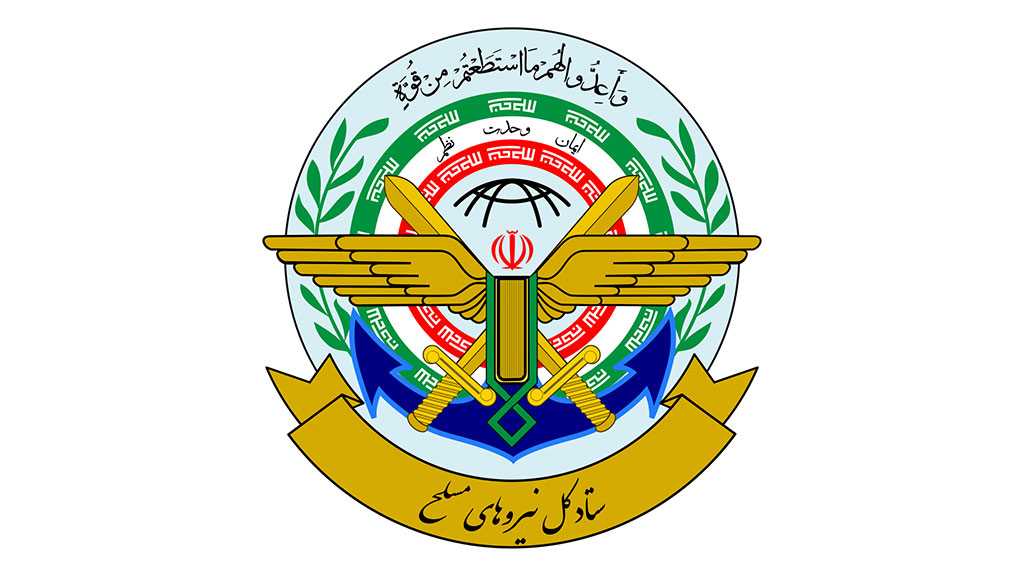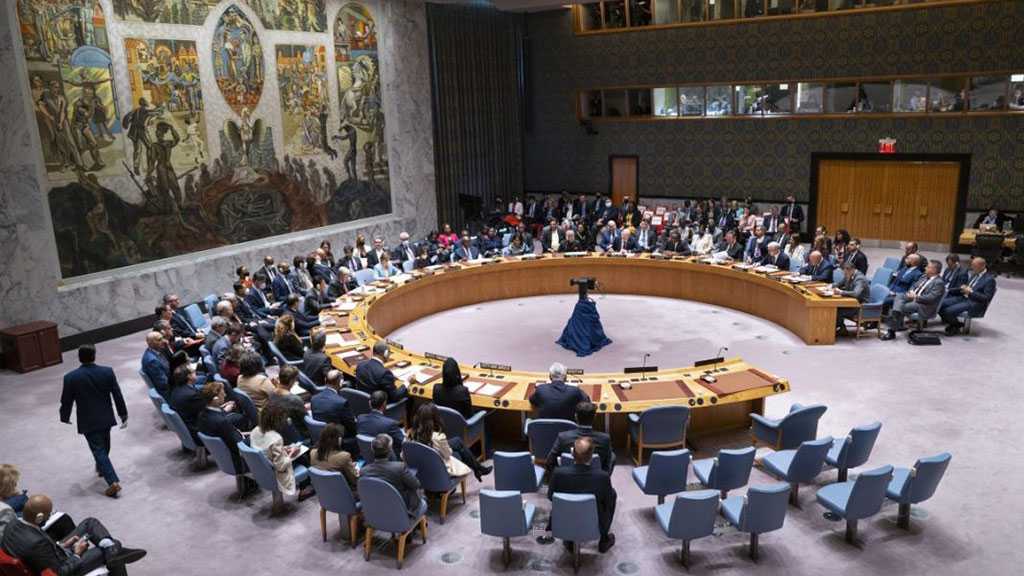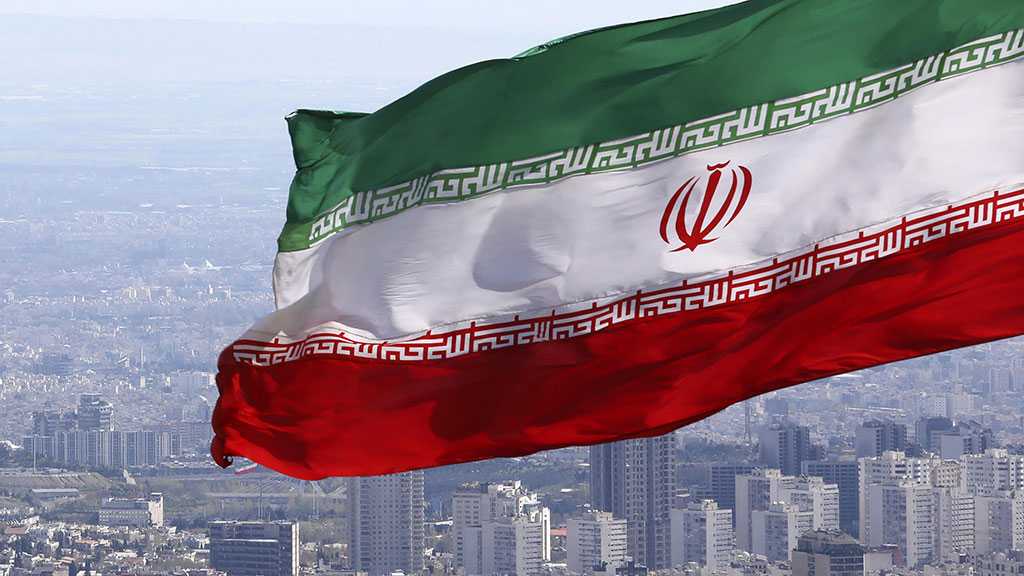World Reacts to “Israeli” Aggression on Iran

By Staff, Agencies
“Israel” launched strikes on Iran on Friday, targeting nuclear facilities, missile factories and military commanders, and Iranian media and witnesses reported explosions including at the country's main uranium enrichment facility.
Here are some reactions from top officials and governments around the world:
US Secretary of State Marco Rubio:
"Tonight, 'Israel' took unilateral action against Iran. We are not involved in strikes against Iran and our top priority is protecting American forces in the region. Let me be clear: Iran should not target US interests or personnel."
UK Prime Minister Keir Starmer:
"The reports of these strikes are concerning and we urge all parties to step back and reduce tensions urgently. Escalation serves no one in the region. Stability in the Middle East must be the priority and we are engaging partners to de-escalate. Now is the time for restraint, calm and a return to diplomacy."
Australian Foreign Minister Penny Wong:
"Australia is alarmed by the escalation between ‘Israel’ and Iran. This risks further destabilizing a region that is already volatile. We call on all parties to refrain from actions and rhetoric that will further exacerbate tensions."
"We all understand the threat of Iran's nuclear and ballistic missile program represents a threat to international peace and security, and we urge the parties to prioritize dialogue and diplomacy."
New Zealand Prime Minister Christopher Luxon:
"It's a really unwelcome development in the Middle East. The risk of miscalculation is high. That region does not need any more military action, and risk associated with that."
Deputy Speaker of the Russian Federation Council, Konstantin Kosachev, reacted to the Israeli strikes on Iran by warning that the situation is far from over and that retaliation from Tehran is only a matter of time.
“This is not the end of the story,” Kosachev said, adding that "Iran’s response to ‘Israel’’ is inevitable."
Japan Foreign Minister Takeshi Iwaya:
"Amid ongoing diplomatic efforts, including talks between the United States and Iran, to achieve a peaceful resolution of the Iranian nuclear issue, the use of military force is deeply regrettable. The government strongly condemns this action, which escalates the situation."
Spokesperson for UN Secretary General Antonio Guterres:
"The Secretary-General condemns any military escalation in the Middle East. He is particularly concerned by 'Israeli' attacks on nuclear installations in Iran while talks between Iran and the United States on the status of Iran's nuclear programme are underway.
"The Secretary-General asks both sides to show maximum restraint, avoiding at all costs a descent into deeper conflict, a situation that the region can hardly afford."
Oman, which is mediating Iran-US nuclear talks:
"Oman considers this act a dangerous, reckless escalation, representing a flagrant violation of the United Nations Charter, the principles of international law. Such aggressive, persistent behavior is unacceptable and further destabilizes the regional peace and security."
"The Sultanate of Oman holds 'Israel' responsible for this escalation and its consequences, and calls upon the international community to adopt a firm and unequivocal stance to halt this dangerous course of action."
Indonesia's Foreign Ministry:
"Indonesia strongly condemns 'Israel's' attack on Iran. The attack risks exacerbating existing regional tensions and could potentially trigger a broader conflict. All parties must exercise the utmost restraint and avoid any actions that might escalate tensions or cause further instability."
Additionally, Pakistan has strongly condemned what it described as the unjustified and unlawful Israeli aggression against the Islamic Republic of Iran, asserting that the military strikes violate Iran’s sovereignty and territorial integrity and are in clear contravention of the UN Charter and fundamental principles of international law.
In a statement, Islamabad reaffirmed Iran’s right to self-defense under Article 51 of the United Nations Charter.
“Pakistan stands in firm solidarity with the people of Iran and unequivocally condemns these blatant provocations, which pose a grave risk and serious threat to peace, security, and stability across the region and beyond.”
Saudi Arabia:
"Saudi Arabia expresses its strong condemnation and denunciation of the blatant 'Israeli' aggressions against the brotherly Islamic Republic of Iran, which undermine its sovereignty and security and constitute a clear violation of international laws and norms."
The Yemeni government has condemned what it called the joint US-"Israeli" aggression, describing it as an attempt to halt the Islamic Republic of Iran’s principled support for the Palestinian Cause.
“We hold the ‘Israeli’ enemy entity and its international partners fully responsible for all the dangerous consequences and repercussions of this aggression.”
Additionally, Ansarullah strongly condemned what it described as “‘Israel’s’ brutal aggression” against Iran, affirming Iran’s full and legitimate right to respond by all possible means, adding that "This blatant ‘Israeli’ attack reaffirms the regime’s dangerous role in destabilizing the region. It is not merely a threat to Palestine or its neighbors, but to the entire region."
The group rejected “Israeli” claims regarding Iran’s nuclear program, calling them baseless and hypocritical, especially coming from a regime "armed with nuclear weapons" and responsible for the deaths of tens of thousands in Palestine, Lebanon and other Arab countries.
“‘Israel’ has no right to act as the region’s enforcer, deciding what others can or cannot do," the statement added.
The group expressed its full support for Iran’s right to self-defense and to develop its nuclear program, offering condolences to the leadership, government, and people of Iran for the martyrdom of several of its leaders and scientists.
"Their sacrifice is in line with the principled stance of the Islamic Republic, the only state that has unwaveringly supported the Palestinian cause despite immense threats and challenges."
The President of Lebanon, Joseph Aoun, stated that the “Israeli” assaults on Iran were not only an attack on the Iranian people but also a blow to ongoing international efforts aimed at maintaining stability in the region.
In turn, Lebanese Prime Minister Nawaf Salam strongly condemned "Israel’s" attack, warning that its consequences pose a threat to global peace.
“I strongly condemn the dangerous ‘Israeli’ aggression against Iran. Its repercussions threaten international peace and security,” Salam said in an official statement.
The United Arab Emirates has strongly condemned “Israel’s” targeting of Iran, expressing deep concern about the potential repercussions for regional security.
Additionally, Qatar has strongly condemned the attack, describing it as a flagrant violation of Iran’s sovereignty and security.
The Hashemite Kingdom of Jordan has strongly condemned the “Israeli” aggression against the Islamic Republic of Iran, describing it as a blatant violation of the sovereignty of a United Nations member state and a clear breach of international law and the UN Charter.
The official spokesperson for the Ministry of Foreign Affairs and Expatriates, Ambassador Dr. Sufian Al-Qudah, warned of the consequences of such escalatory violations, which he said pose a serious threat to regional security and stability and further intensify tensions.
Furthermore, the Cuban president condemned in a statement the Israeli aggression against Iran, posting on X: "We condemn in the strongest terms the attacks perpetrated by “Israel” against the Islamic Republic of Iran, which are recklessly raising tensions in the Middle East and endangering international and regional peace and security with unforeseeable consequences."
The Government and people of Nicaragua strongly condemned what the statement described as a "reckless aggression" launched by the “Israeli” government against the people and government of the Islamic Republic of Iran.
Managua described the attack as a cowardly act that "violates all laws and norms of coexistence and international treaties."
Nicaragua warned that through such actions, “‘Israel’ continues, in a dangerous and irresponsible manner, to expose the world to a war of unimaginable scale and consequences."
“Let our voice be heard from this Latin American nation and the Caribbean region, denouncing, rejecting, and forcefully condemning this extremely dangerous military escalation that defies all reason and poses an increasing threat to the human community.”
Nicaragua expressed firm solidarity with the Leader of the Islamic Revolution His Eminence Imam Sayyed Ali Khamenei, President Masoud Pezeshkian, the Iranian people and the families of those killed "by the genocidal ‘Israeli’ ‘state’”.
Comments




